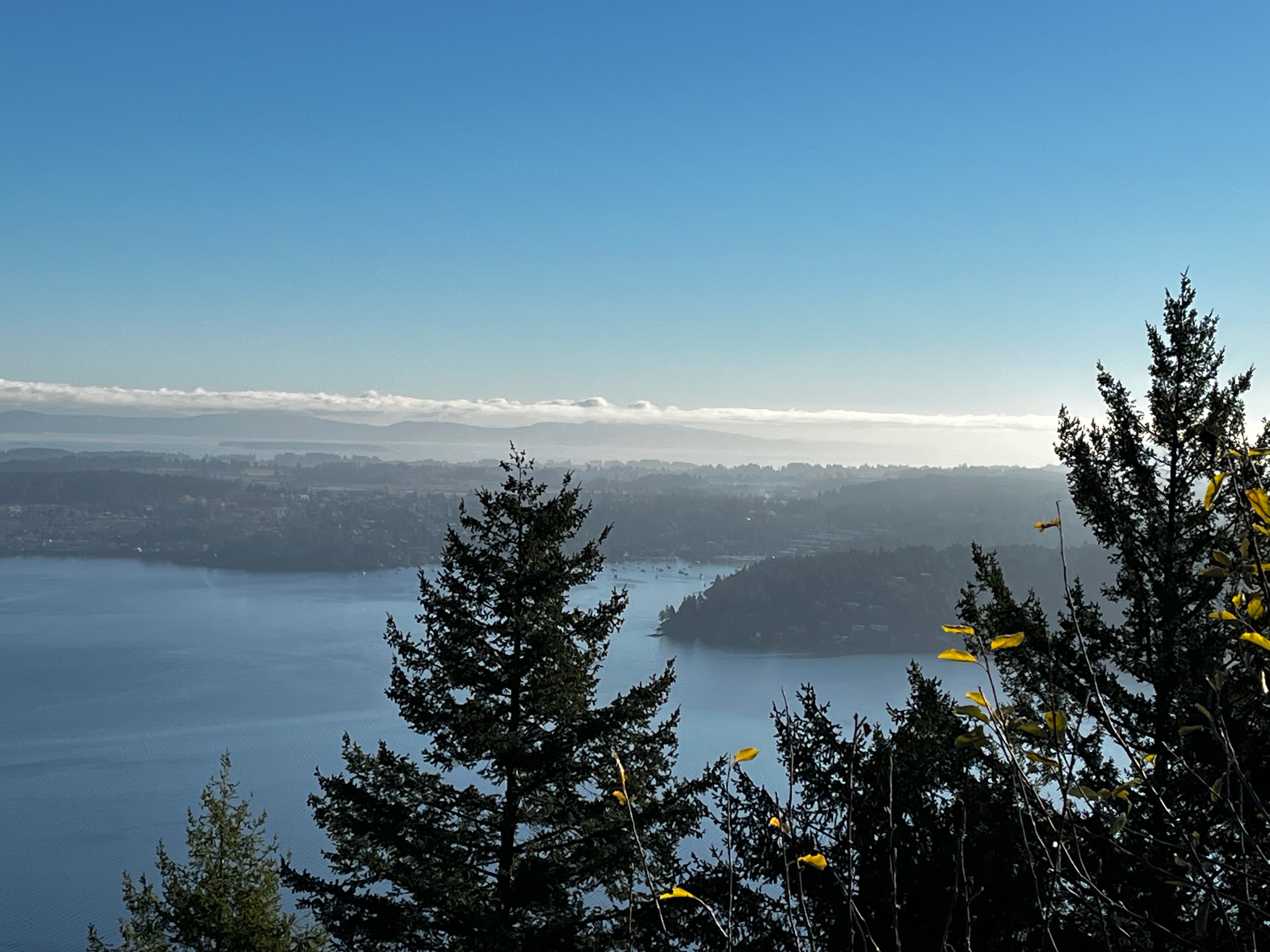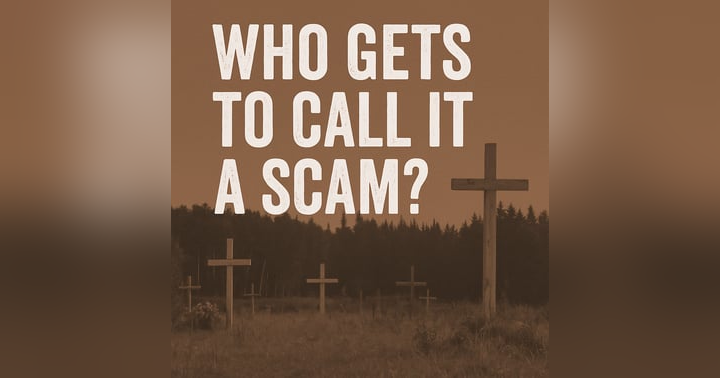Everyone’s a Settler? Not So Fast

This isn’t a new debate: the idea that nobody truly owns land. Since humans have always migrated and groups have historically claimed territory, all our ancestors—regardless of culture or origin—can be considered “settlers.” And, if everyone was a settler at some point, the argument goes, then no one has a special claim to land now.
At first glance, it seems like a timeless truth—something philosophical and neutral. But it isn’t. This argument is the land-based cousin of “All Lives Matter”—a rhetorical move that dismisses specific injustices by appealing to vague universalism. It diminishes Indigenous land rights by implying that all land is equally stolen, and therefore no one can be held accountable.
Some people repeat this claim without malicious intent. But regardless of purpose, the outcome remains the same: to conceal the legal, political, and moral realities of settler colonialism. When someone says “everyone’s a settler” or “all land is stolen,” they suggest that no one can be held responsible because everyone is equally involved. This framing masks the specific and ongoing power dynamics in which one group—settlers—has benefited, and continues to benefit, from the dispossession of another: Indigenous nations.
While these arguments often reference the long arc of human migration, they are profoundly ahistorical. They reflect the reasoning of manifest destiny—the 19th-century colonial belief that expansion was inevitable, natural, and justified. This perspective implies that all land loss is the same, regardless of where or when it occurred. However, not all land loss is equivalent. There is a vital distinction between ancient migration patterns and the recent, deliberate displacement of Indigenous peoples through laws, force, and policies.
Most Indigenous nations in what is now Canada never ceded their land through a treaty. The Canadian courts have recognized their legal title. This isn’t ancient history—it’s current and unresolved. It’s unfinished business.
Some versions of this argument go even further, claiming that Indigenous peoples weren’t truly “from here” either—that they crossed the Bering land bridge during the last Ice Age and displaced earlier inhabitants. But this narrative relies on outdated and often politicized anthropological theories. In contrast, newer archaeological findings—such as the White Sands footprints in New Mexico, dated to around 23,000 years ago—suggest that humans have lived in North America far longer than previously thought. Indigenous oral histories have always affirmed this deep-rooted presence. And Canadian courts, including in the landmark Delgamuukw and Tsilhqot’in decisions, have recognized oral history as valid legal evidence of Aboriginal title. These rulings marked a significant shift in how the law treats Indigenous knowledge and land rights.
Even if migration occurred tens of thousands of years ago, that history is not comparable to the history of settler colonialism. Colonialism wasn’t just a movement of people—it was the imposition of foreign laws, governance, and control. It displaced Indigenous legal orders and relationships to land, and it continues to do so today. This isn’t a question of who came first. It’s a question of whose systems were erased—and who still benefits from that erasure.
So you might be thinking: what difference does it make? If these arguments are so clearly wrong, why waste time on them?
Because they’re not just harmless misunderstandings. They’re part of a broader disinformation campaign—one that deliberately seeks to confuse the public, uphold the settler colonial status quo, and undermine Indigenous land rights. These narratives reframe denial as thoughtfulness and recast justice as chaos, suggesting that fairness is too complex to pursue. But they’re not meant to foster debate. They’re meant to shut it down.
When someone says they don’t think Indigenous land claims are legitimate because “all land is stolen,” you might respond like this:
“Some land is still being stolen. And much of it was never given up in the first place. Indigenous nations have living legal rights to their land that remain unresolved. That matters.”
Because in the end, justice doesn’t come from pretending everyone is equally wrong. It comes from recognizing who was wronged—and working to restore what was taken.





